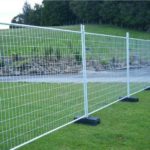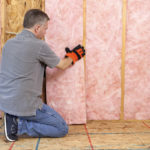Let’s watch the battle of the most popular flooring in the market today – Vinyl flooring VS Laminate VS Linoleum – being done by comparing of their main characteristics.
Let’s try to understand the difference between laminate and vinyl flooring. To begin with, it is necessary to know – what are the characteristics of each option? Let’s watch the battle – Vinyl flooring VS Laminate VS Linoleum.
Vinyl VS Laminate
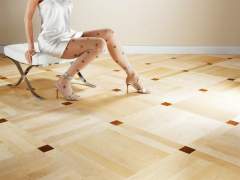 When you look at vinyl flooring (vinyl plank flooring, vinyl tiles), its appearance resembles the classic. However, it is made of homogeneous PVC (vinyl, quartz). With its composition, vinyl flooring has an absolute moisture resistance, resistance to aggressive substances, high elasticity and resistance to mechanical damage. Vinyl flooring can be easily used in bathrooms, swimming pools, commercial premises, unlike laminate flooring.
When you look at vinyl flooring (vinyl plank flooring, vinyl tiles), its appearance resembles the classic. However, it is made of homogeneous PVC (vinyl, quartz). With its composition, vinyl flooring has an absolute moisture resistance, resistance to aggressive substances, high elasticity and resistance to mechanical damage. Vinyl flooring can be easily used in bathrooms, swimming pools, commercial premises, unlike laminate flooring.
In addition, there is a small battle – plank vinyl flooring VS tiles. It should be notices, that quartz vinyl tiles are protected from sliding – no scrappier footsteps, it’s easy to clean, antistatic. While laying the tiles, it is not necessary to lay underlayment. This material is easy in installation: there is no need to prepare a base in some cases. Moreover, less adhesive is required, which saves time and mounting means for stacking.
Vinyl flooring can be laid on concrete or tiled surfaces, wood flooring or parquet. Unlike laminate, vinyl lock is performed even on a surface having height differences and other irregularities. In addition, the vinyl floor covering have high aesthetic characteristics – the material is exquisitely beautiful, has stamping over its entire surface. Due to specific characteristics of the line and size, silica coated vinyl tiles, for example, prevents the formation of cracks.
Laminate flooring is usually composed of laminated particleboard or fiberboard, imitating natural wood. Its istinguishing features are:
- beautiful design;
- relative water resistance;
- strength;
- reasonable price;
- relative ease of installation;
- 95% of wood.
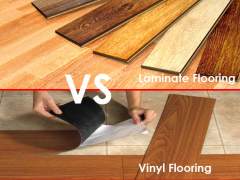 Laminated flooring is easy to clean, there is usually no accumulation of harmful bacteria and pollutants in the locks and steams. It’s resistant to stains. It can be cleaned using a sponge or a mop. In addition, it is worth noting – it always has beautiful design and the breadth of selection of shades that mimic the colors, the patterns copy natural wood or massive floorboard with a facet.
Laminated flooring is easy to clean, there is usually no accumulation of harmful bacteria and pollutants in the locks and steams. It’s resistant to stains. It can be cleaned using a sponge or a mop. In addition, it is worth noting – it always has beautiful design and the breadth of selection of shades that mimic the colors, the patterns copy natural wood or massive floorboard with a facet.
The price plays an important role in the choice of coating. The benefits of laminate flooring are: low price, ease and speed of installation, and ease of replacement. However, cheaper models are short-lived material, and the mid-range of their service life is 5-8 years (depending on operating conditions).
So, such more expensive and durable flooring as vinyl flooring wins the battle. Its service life is much longer than one of the laminate flooring. Vinyl is versatile – it can be used in residential areas and commercial areas with high traffic.
Vinyl VS Linoleum
Linoleum flooring and vinyl flooring have much in common – if you consider some of their quality characteristics and service life, it will be possible to call them “brothers”, as they are almost identical in these parameters. On the other hand, the range of colors of vinyl panels is much larger than that of linoleum, which means that it is possible to create a more elegant design. Also, the coatings may differ in their thickness. High quality linoleum may be sometimes more expensive than vinyl floors. But, vinyl flooring is impervious to moisture, while the linoleum is not considered as waterproof material. Unlike vinyl, high quality linoleum is recognized as environmentally friendly material, but vinyl is a material created from petrochemicals, which may emit toxic fumes. Even high-quality vinyl tiles laying not guarantee that the seams between the single-piece elements will not be noticeable, while you can pick up a piece of linoleum sheet matching the square of your room.
But, nevertheless, vinyl wins the battle thanks to its main advantages while it’s compared with linoleum:
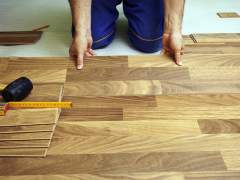 easier to be cared of
easier to be cared of- higher strength characteristics
- wider range of colors
- it’s more impermeable to moisture
- longer service life (if it’s properly cared of)
- better insulation characteristics
- better anti-static properties
- better resistance to contamination
- easier installation

